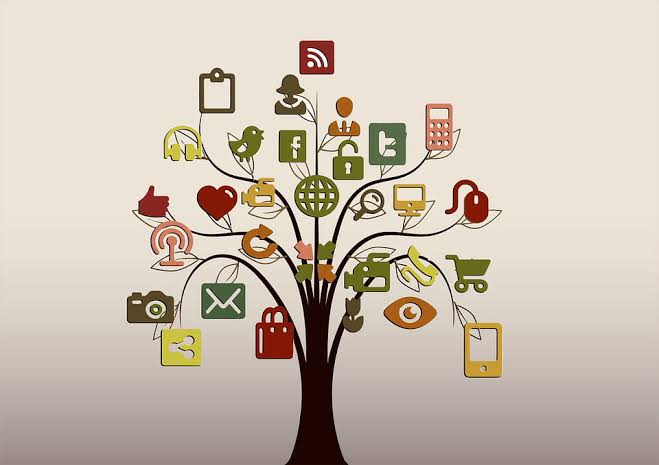FEATURE: The Journey of Communication: From Talking to Technological Marvels

FEATURE: The Journey of Communication: From Talking to Technological Marvels
By: JP Ashedzi
The earliest means of communication recollected by man is through the generation of sounds by the mouth, which is generally referred to as talking, although not all sounds generated by the mouth are talking but most often than not, when people open their mouths, what they do is talk.
Every so often, when humans open their mouths, they cry, scream, yell and all of that, but then the purpose of all that is to communicate. Hence , on a lighter note, all of these can still be referred to as talking.
However, when you want to talk, the interlocutors must be in the same space so that as one says, the other receives, processes and reports back to the original speaker.
But over time, due to migration, marriage, and a lot of other reasons that required movement, family members started shifting base to other locations, hence, the need to invent other means of communications that would connect two non-physically-present individuals.
As evolution and human development improved, and technological advancement settled in, an early communicating device was invented around 1854 by Antonio Meucci, who called it a telettrofono ”electrophone”.
In the 1930s, a famed industrial designer, Henry Dreyfuss created what many consider to be the first modern telephone: the Model 302. Its design signalled a departure from earlier models: the ringer is in the phone (instead of a separate component), the cradle lies horizontally, and you speak and listen to the same piece resting on top.
Down the line, though, more research brought about bigger developments as more demands of individuals called for smarter and much more portable means of communication.
The iPhone, which debuted in 2007, transformed the phone by turning it into a tiny, mobile computer. Though other touchscreen phones had come before it, the iPhone’s sleek interface revolutionized mobile phone design. Current iPhones models have major improvements on the first model, from sporting three high-quality cameras to a Retina display to an A13 bionic chip that allows for faster processing.
A common fact, however, remains that the telephone has evolved from just a means of communication to a tool for the performance of so many other operations.
For starters, with your phone now, one does not need the mouth anymore to communicate. There are now several means by which the phone can replace face-to-face communication.
So many mathematical operations can be made with the calculation feature embedded in phones. Most phones now have a flashlight, this means that in the dark, it can operate as a means of light.
More so, the smallness of the phone has made it possible for a carrier to move about with it.
With the advent of the internet, the phone has been able to perform some initially only human possible actions, for example, the invention of the AI has allowed for the phone to write, sing, draw, create and carry out whatever instruction is inputted into it. One requires now only to think of what they want, the AI will perfectly give a physical representation of your thoughts.
Sadly, research has shown that the average person checks their phone 58 times per day, this can be summed up to mean that the phone has now become man’s best friend because who checks on another human for half of that time, the question therefore is this,
Is the phone slowly wiping away the need for human communication?
Is the phone replacing the need for interpersonal relationships?
If a human can carry out all money related transactions, religious operations, business meetings and even obtain educational certifications on the phone, why does man need humans?
The truth is that even at the point of intellectual capacity and efficiency that the phone has seen now, the progression will keep increasing because the needs of men are insatiable.
So, seeing the developments that the phone has seen from the 1800s until now, what do you think the phone will be (look like and do) in a few years from now?










